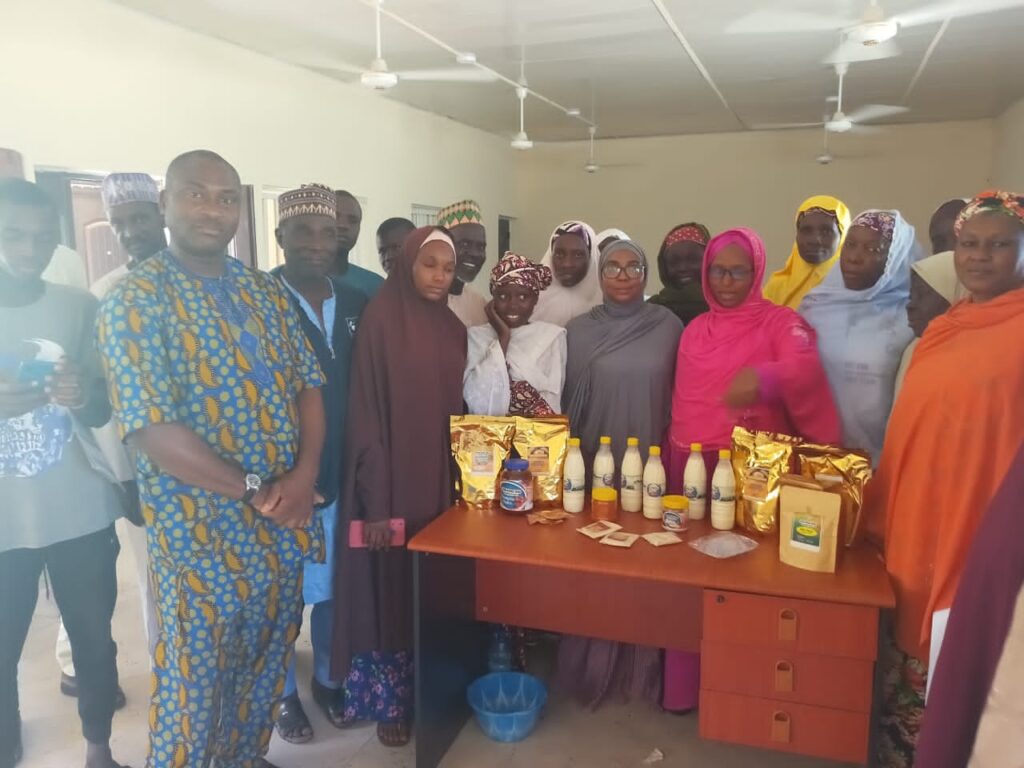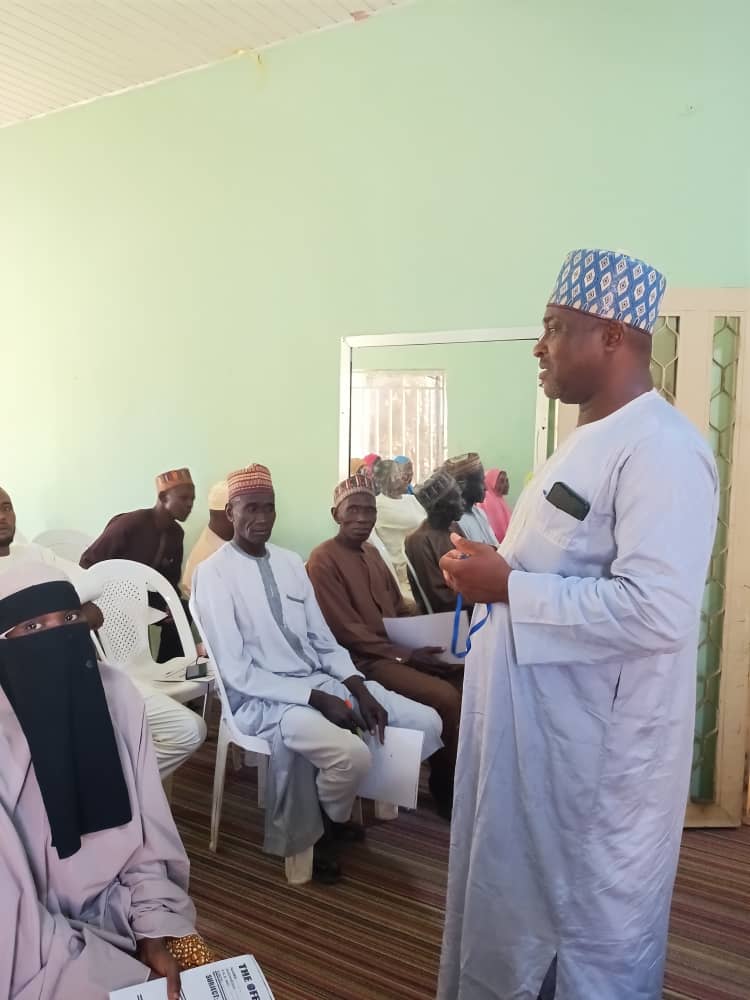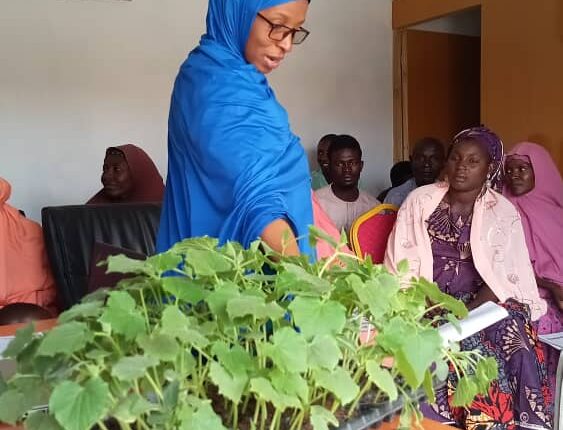IDPs, host communities gain vital skills in home gardening, food processing, cooperative management
|
Getting your Trinity Audio player ready...
|
In an effort to address food security, income generation, and community resilience, the Centre for Population and Environmental Development (CPED) has successfully concluded a 10-day training workshop for Internally Displaced Persons (IDPs) and host communities across Adamawa, Gombe, and Bauchi states. The initiative, which provided hands-on skills in home gardening, food processing, preservation, and cooperative management, is aimed at helping participants overcome economic challenges and improve their livelihoods.
Dr. Johnson Dudu, a team member and project manager from the Federal University of Kashere, highlighted the significance of the training in the current economic climate, which has placed an additional burden on IDPs and host communities. “The training addresses urgent needs for food security and income generation,” Dr. Dudu said. “By equipping IDPs and community members with skills in making products such as cheese, yogurt, tomato paste, and various soybean-based foods, we provide them with tools to start businesses and support their families.”
The program places a special emphasis on empowering women, who often bear additional responsibilities in households facing financial strain. “Women, in particular, benefit from these skills as they increasingly step in to support their families,” Dr. Dudu noted. “Our hope is that each participant can leverage this knowledge as a reliable livelihood source.”

A unique aspect of the training was its focus on cooperative management. To address the common challenge of accessing startup capital, CPED brought in a consultant to train participants on forming and managing cooperatives.
The aim is to help communities establish sustainable income sources through group savings, allowing members to access loans and build their businesses.
“Through cooperative networks, participants can create revolving loans, offering a steady way to fund new ventures and sustain livelihoods,” Dr. Dudu explained.
Participants expressed enthusiasm for the initiative, with many already planning to form cooperatives to continue working together and expand upon the skills they learned. “We are seeing a strong commitment from community leaders and participants,” Dr. Dudu shared, “which shows that the project’s objectives are being met and that communities are keen to sustain these efforts.”

This training aligns with CPED’s long-term goals of supporting IDPs and vulnerable communities by providing practical skills and fostering economic independence. The organization hopes that with continued support and community involvement, the lessons learned here will have a lasting impact on participants and their families, as well as inspire similar projects in the future



Comments are closed, but trackbacks and pingbacks are open.